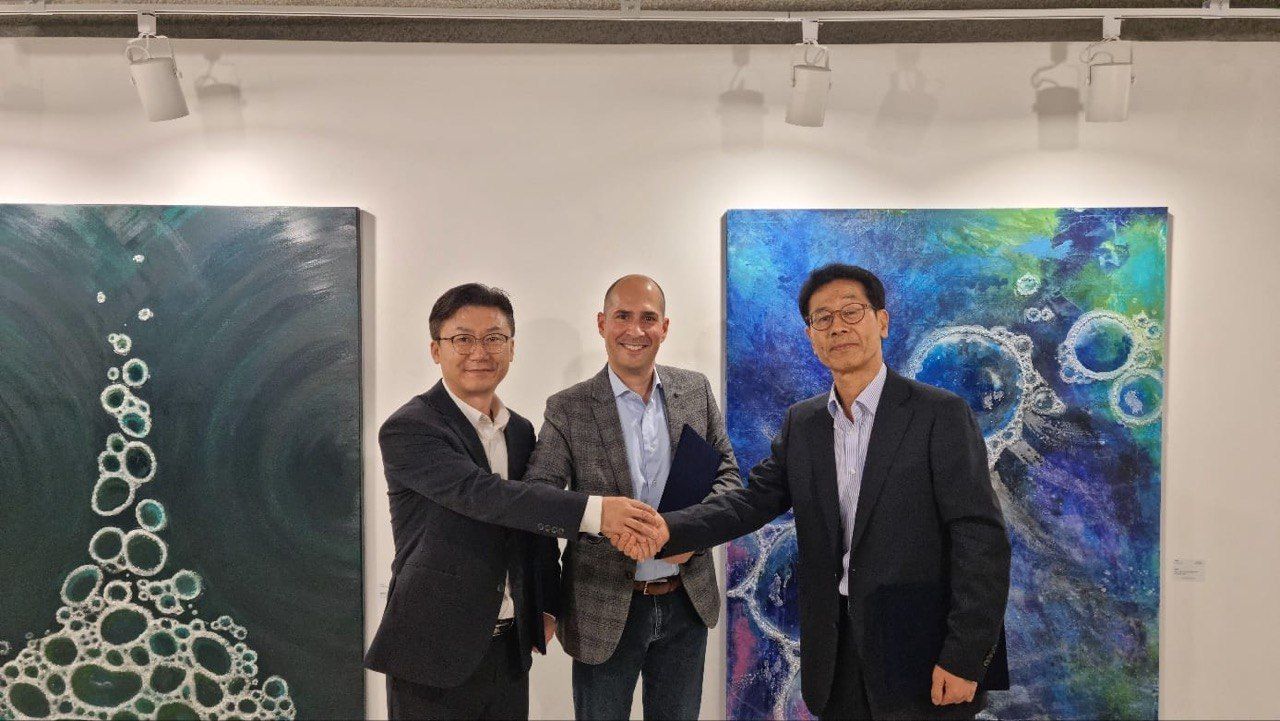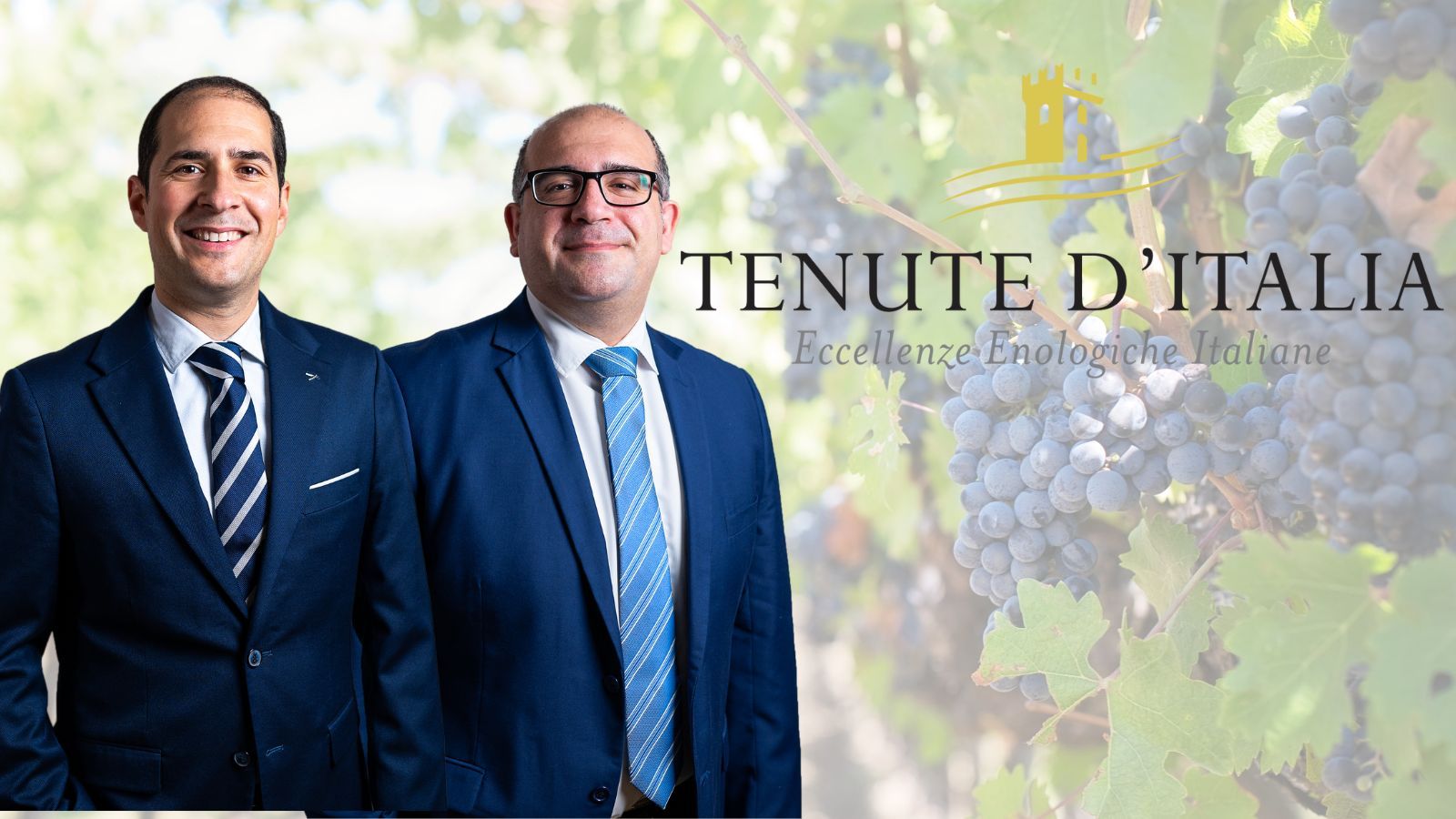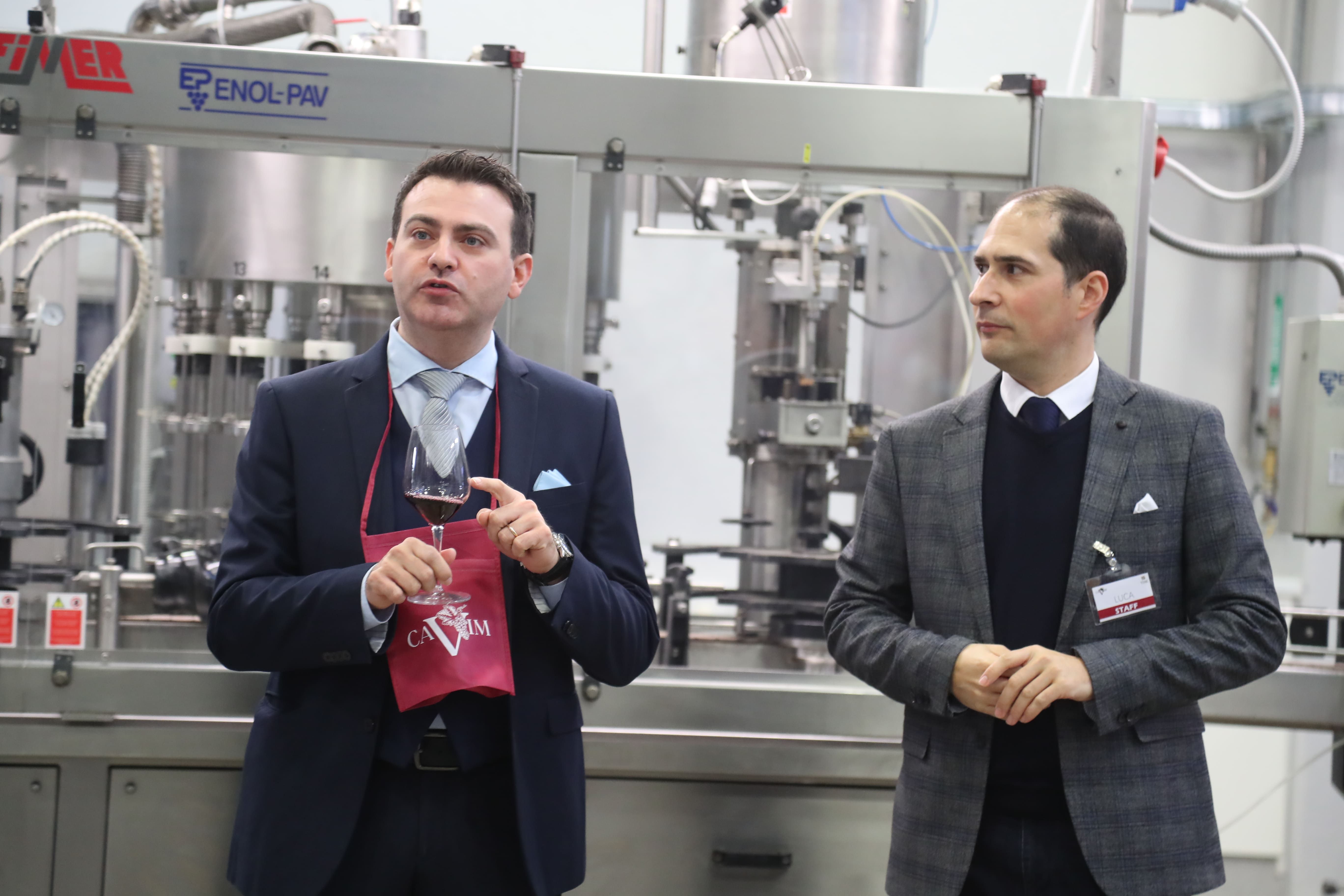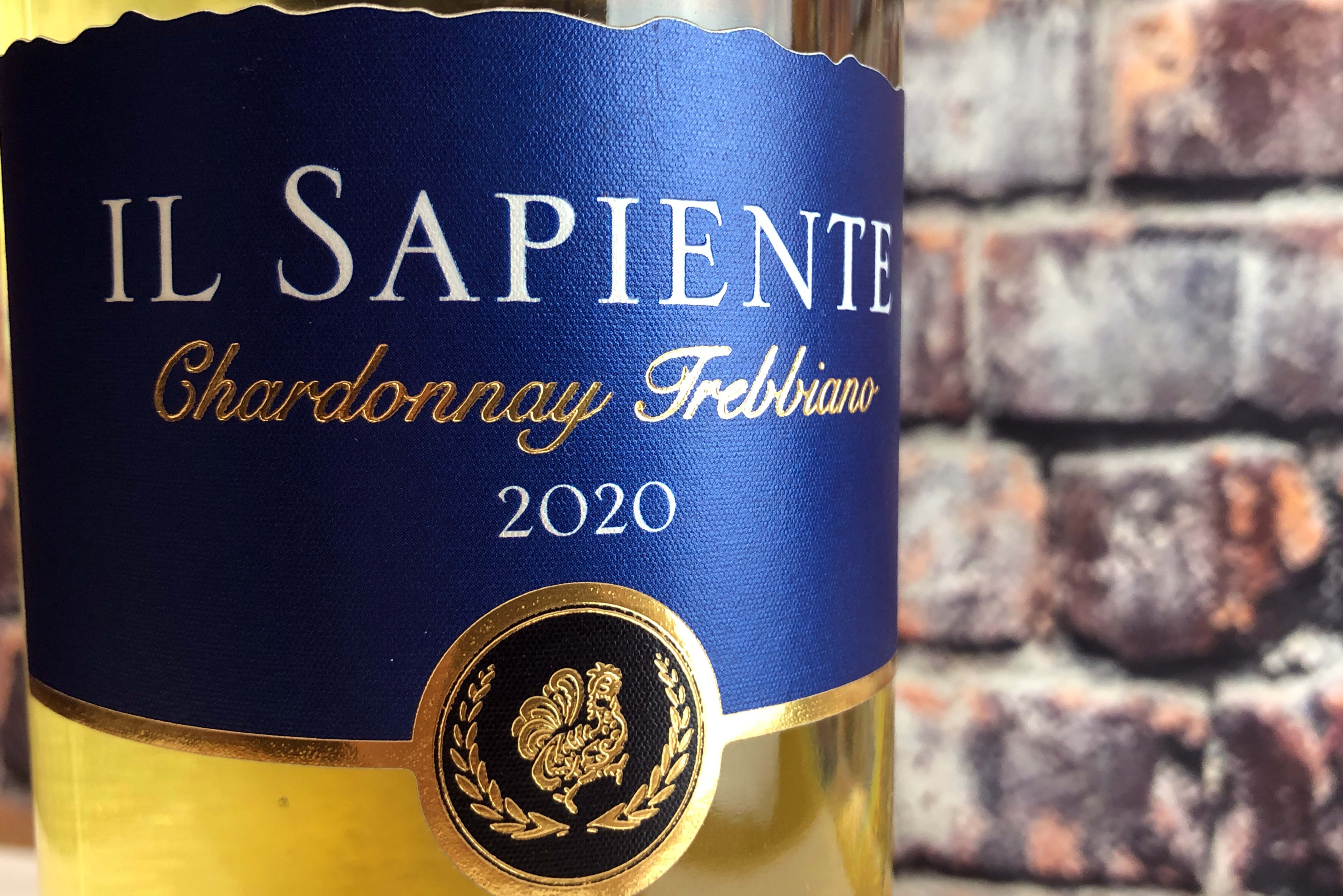[Our] White Vinification: Refining and Monitoring

Laboratory tests confirm that fermentation has ended. How do we proceed at this point?
At this point we generally proceed with a sulphurisation of the must, or the addition of potassium metabisulphite.
But why sulphurise the must if the sugars have run out? Shouldn't it stop automatically?
Well, this question is obviously valid if we are talking about a dry wine. If we wanted to keep some sugary residue in our wine, it is clear that the interruption of fermentation must be imposed, since the yeasts would still have sugars present that would feed them and enable them to continue their work.
Even in the case of dry wines though, we operate this procedure for two essential reasons: first of all, it should be remembered that the dry type does not designate a wine in which there is a total absence of sugar. A minimum residue will always be present, which brings us back to the observation made above. In addition to this, it is absolutely necessary to ensure that any microbiological activity is stopped, to prevent the risk of uncontrolled bacterial fermentations.
For this reason, right at the end of fermentation, it is our habit to proceed with a second clarification precisely to eliminate a substantial part of the residual yeasts and prevent the possibility of spontaneous refermentation.
Is our wine ready at this point?
Not exactly. We can definitely say that we have completed the transformation of our must into wine, even at the regulatory level, but the work is far from finished. After fermentation, in fact, the aging process begins, which will be longer or shorter depending on the type of wine we want to produce. Some white wines, for example, are aged in wood, but even those that are not subjected to this procedure need to spend a few more months in the tank to refine and stabilise themselves.
So even your control activities are still not over ...
Absolutely not. The monitoring of our wines is a constant activity throughout their lives, right up to bottling ... and beyond! For each batch of bottled wine, we keep numerous samples which we use to continue to monitor the evolution of the bottled wine, even after years.
Featured
Follow us

Tenute D'Italia is a trade mark of Morini s.r.l.
VAT 00615541208 e 03367140377
Tel +39 0542 641194 - Imola (BO) Italy







